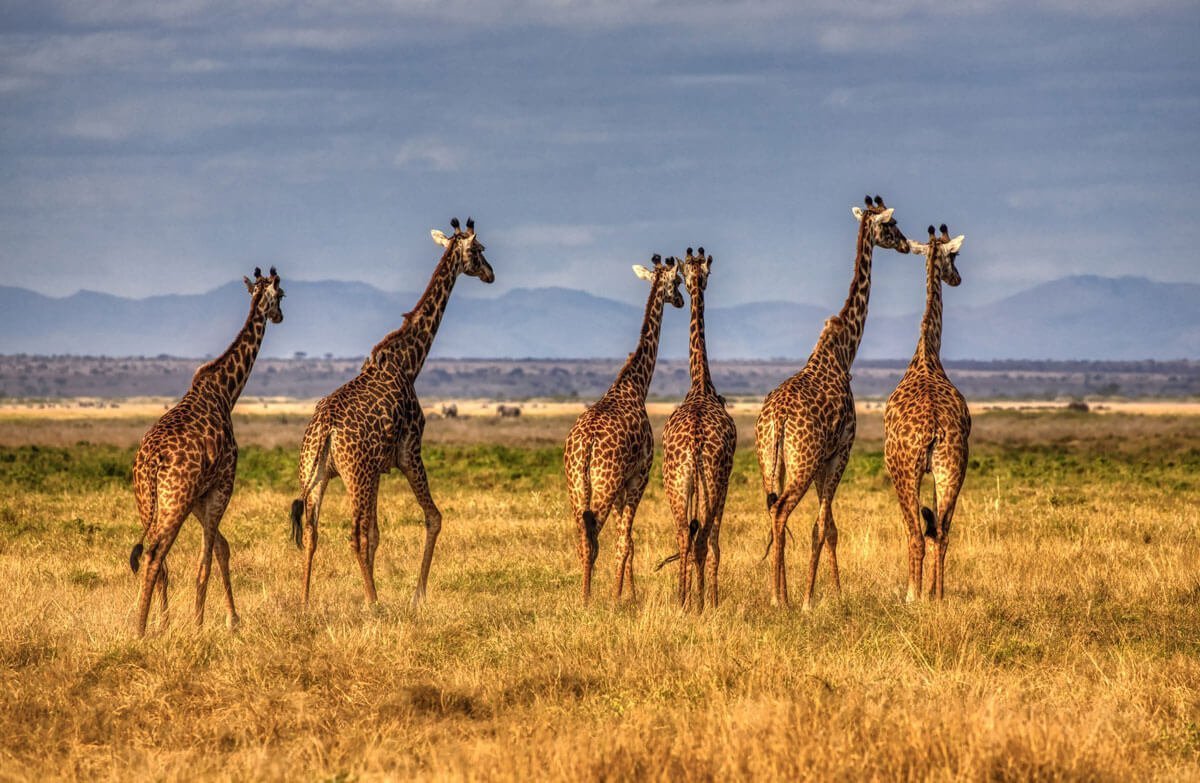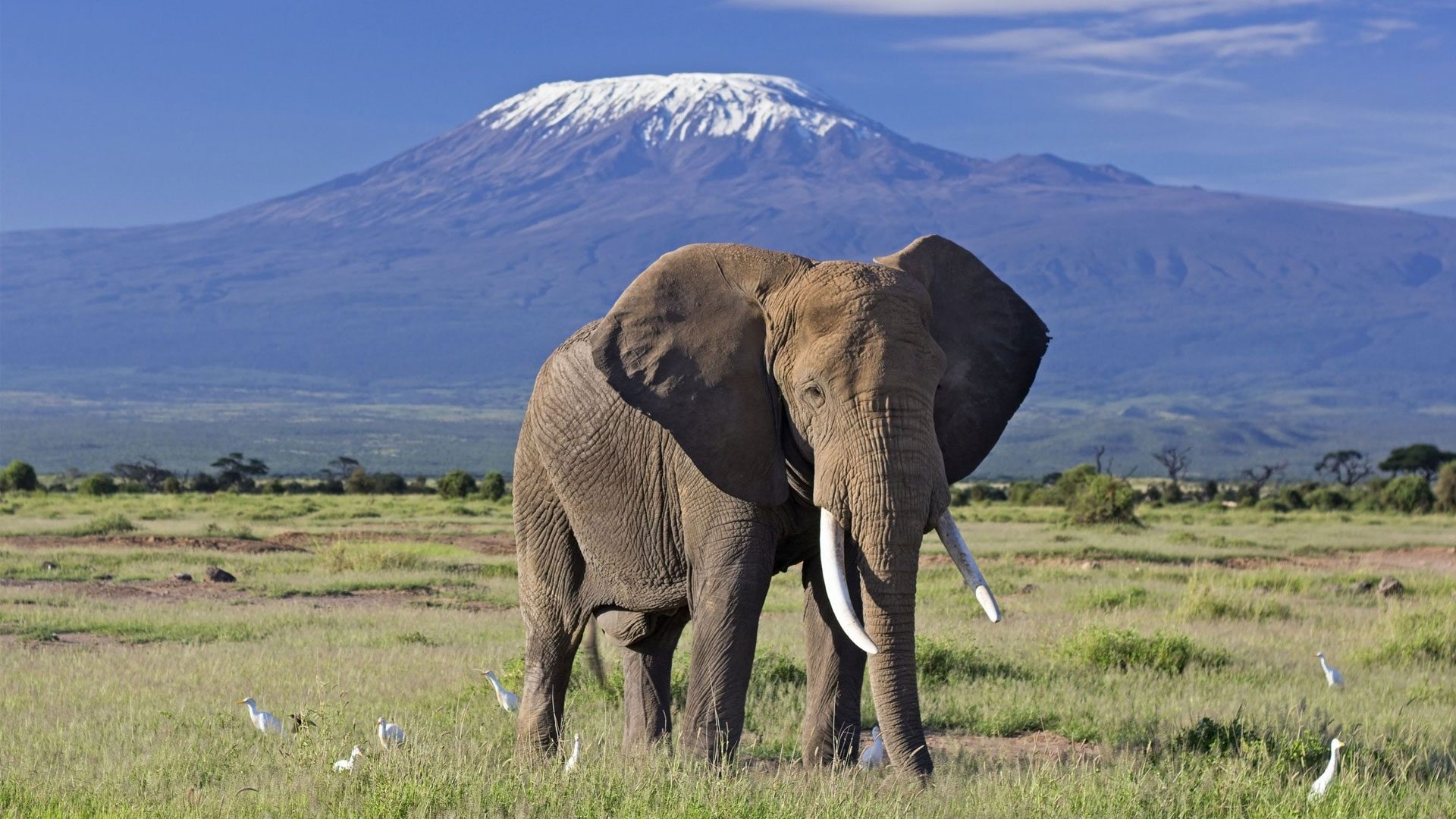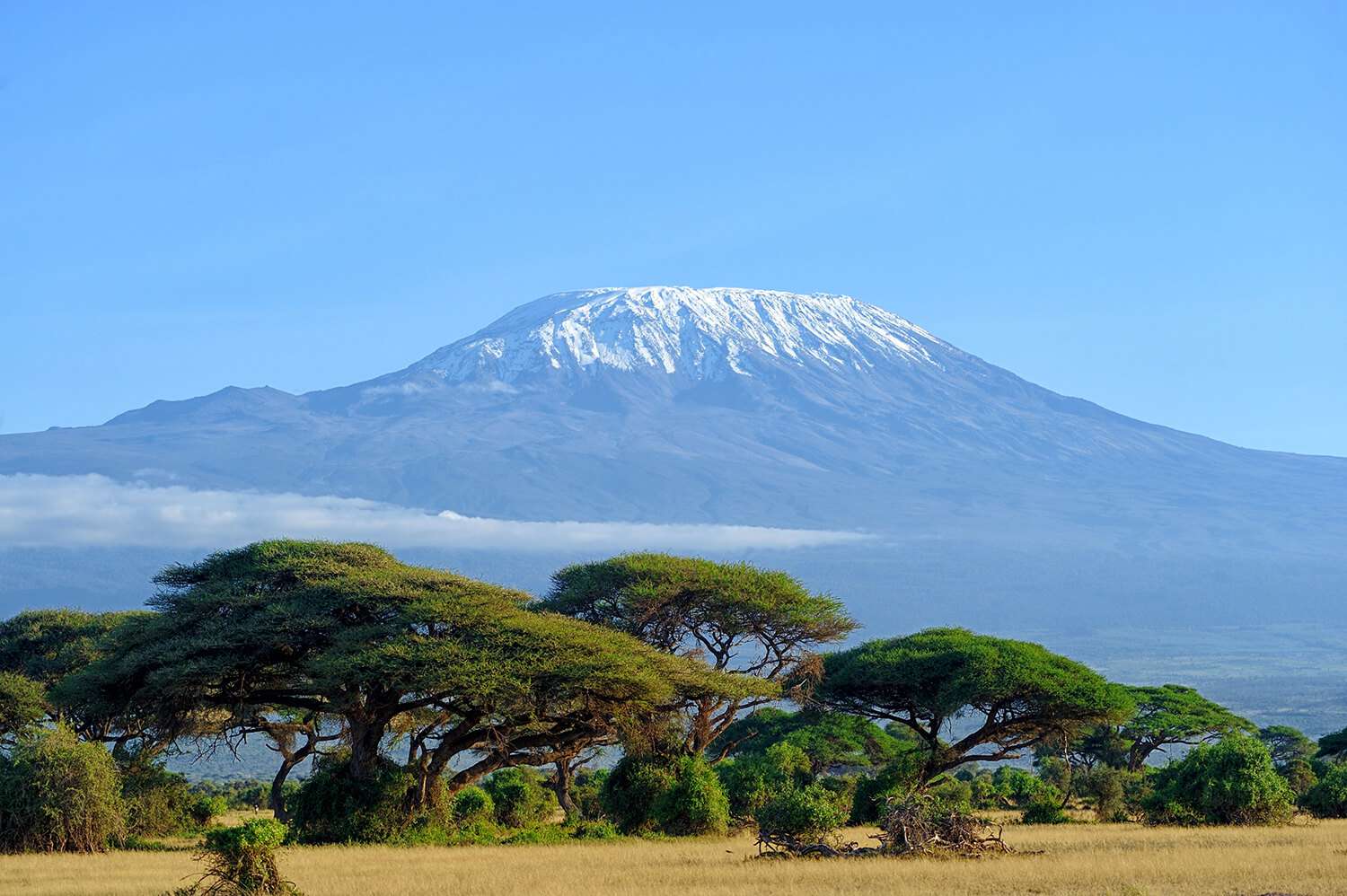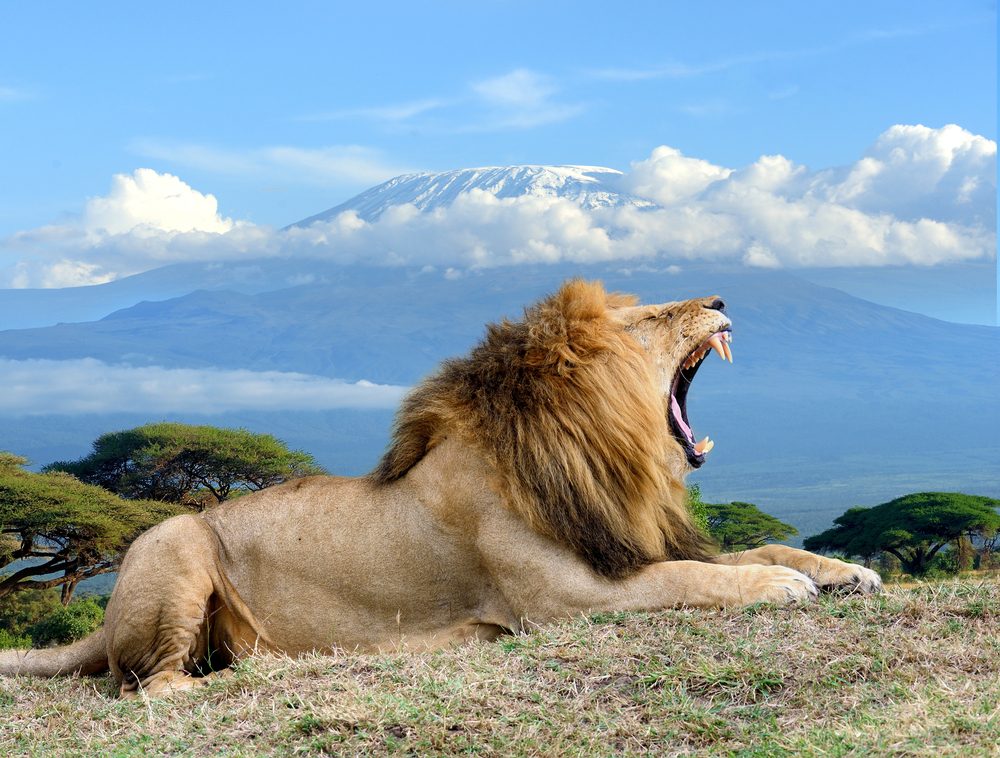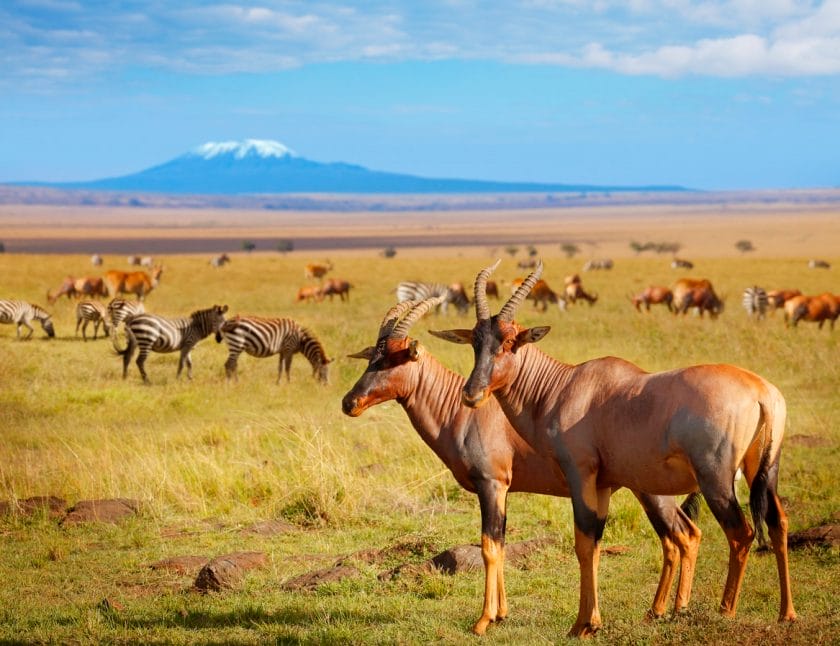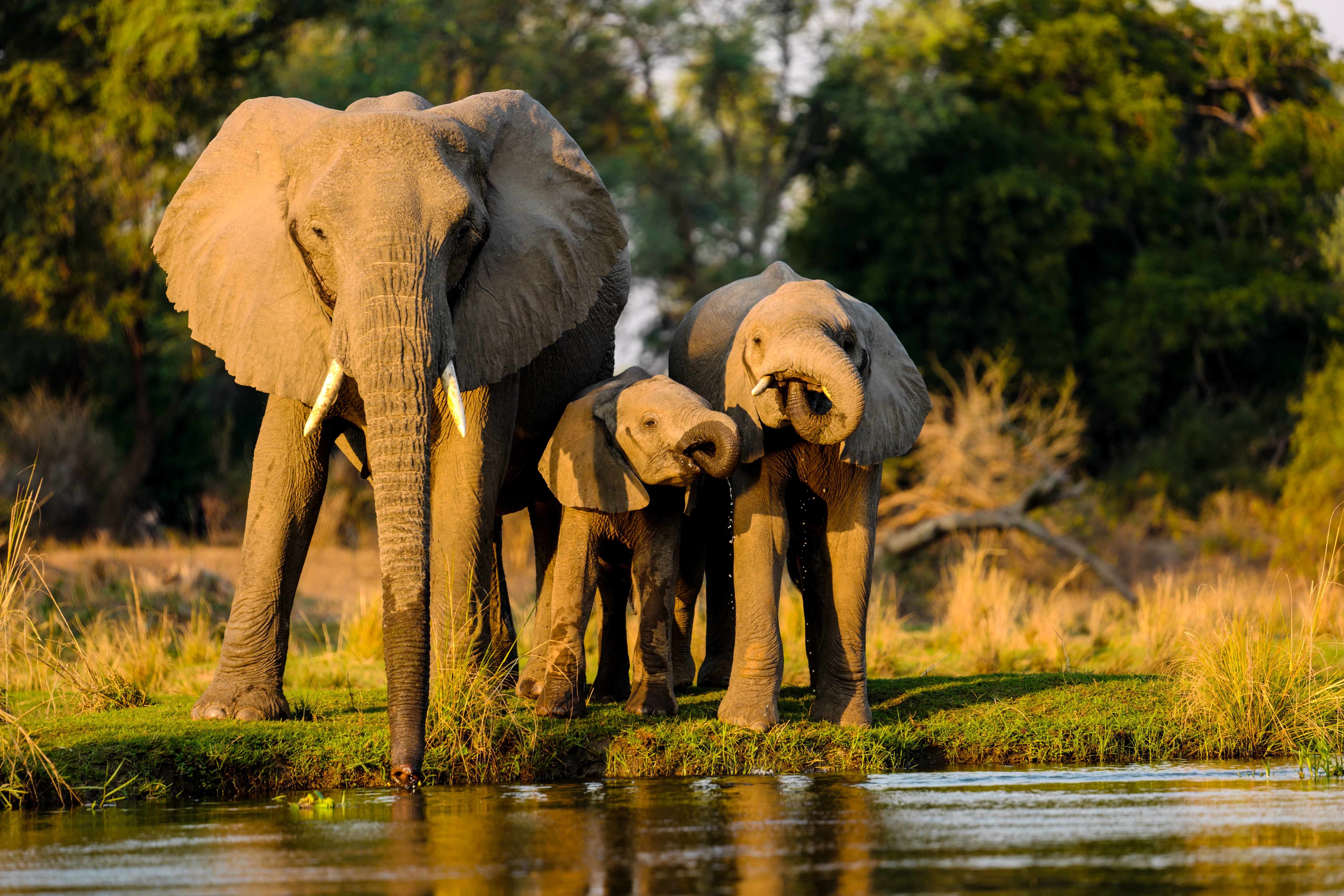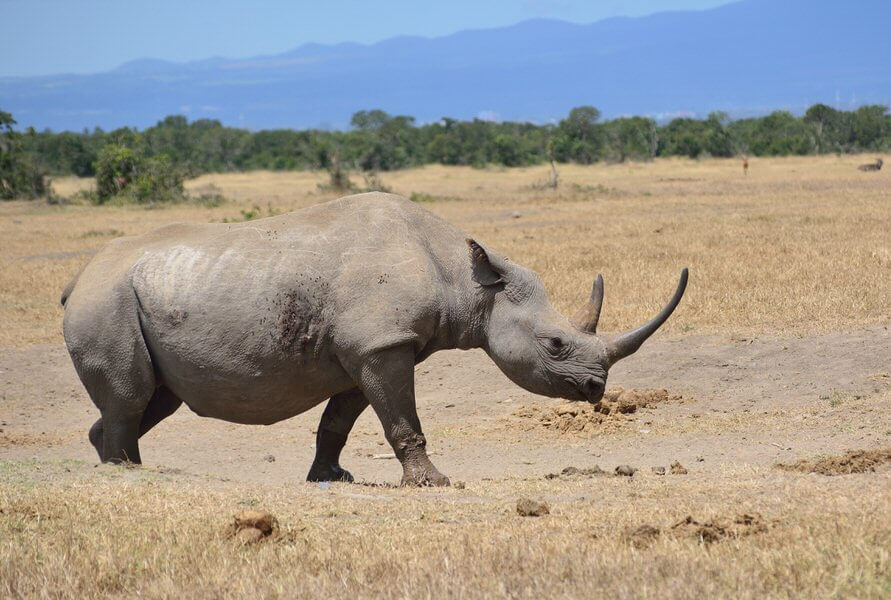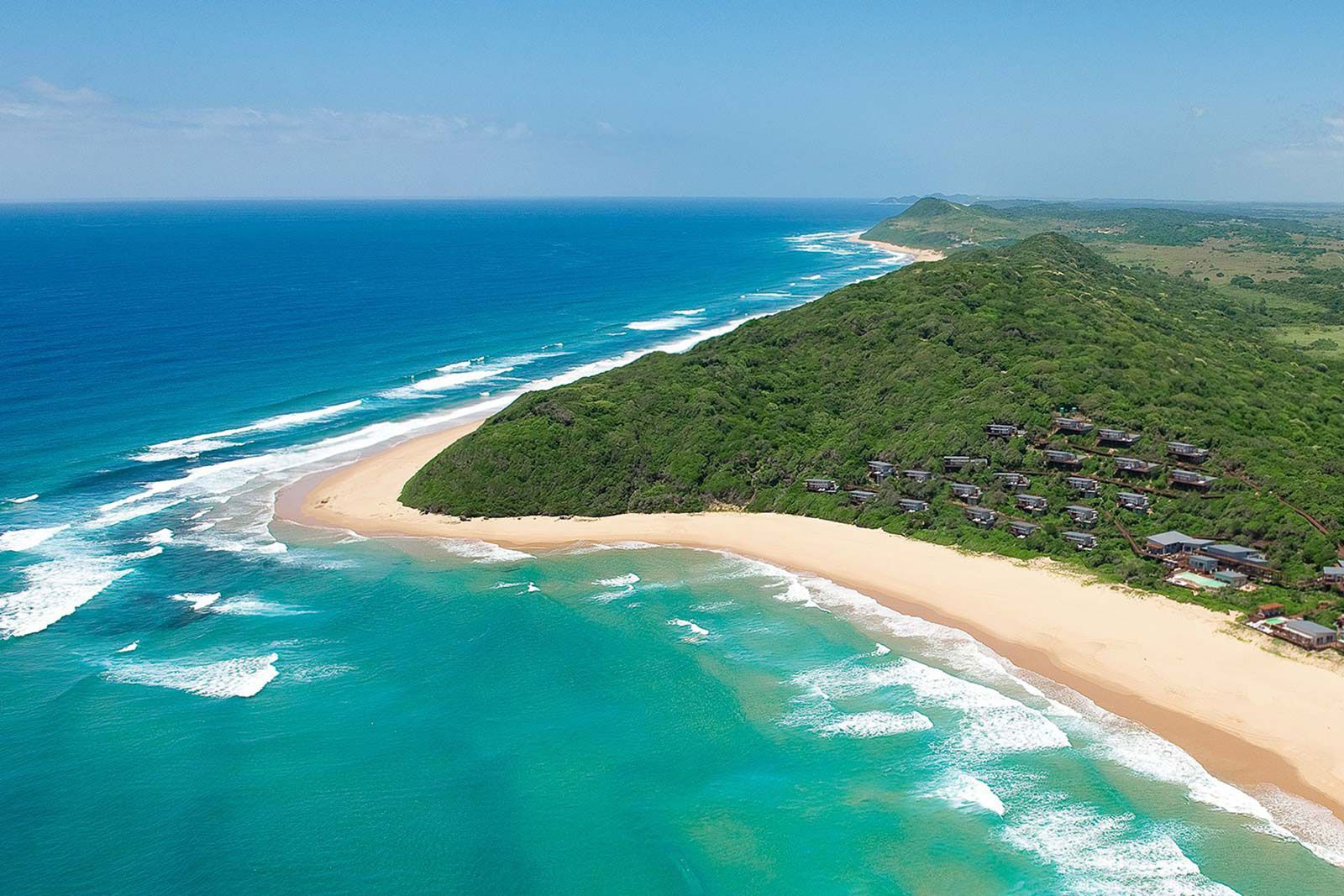Views Of Amboseli National Park
About
location:
Loitoktok District, Kajiado County, Kenya
Amboseli National Park is a renowned wildlife reserve located in southern Kenya, near the Tanzania border. It is famous for its stunning views of Mount Kilimanjaro, Africa's highest peak, which serves as a majestic backdrop to the park's diverse wildlife and expansive savannah grasslands.
The park covers an area of approximately 392 square kilometers and is home to a wide variety of animal species, including elephants, lions, cheetahs, leopards, giraffes, zebras, and many more.
One of the unique features of Amboseli National Park is its large population of elephants, known for their impressive tusks and iconic silhouette against the backdrop of Kilimanjaro. The park also offers excellent opportunities for bird watching, with over 400 bird species recorded in the area.
The park is also known for its spectacular sunsets and panoramic views of the snow-capped Mount Kilimanjaro in the background. Visitors to Amboseli can enjoy game drives to view the abundant wildlife, as well as guided nature walks and cultural visits to the nearby Maasai communities.
Inconclusion, Amboseli National Park is a must-visit destination for nature lovers and wildlife enthusiasts looking to experience the beauty of Africa's natural landscapes and iconic wildlife.
Things to know before travelling to Amboseli National Park
This article is a tip of the iceberg but will equip you with the "Absolute Need to Knows" for Amboseli National Park.
How to get there?
If you are coming to Amboseli National Park in Kenya, the closest airport is Jomo Kenyatta International Airport in Nairobi. From there, you can either take a bus or a shuttle service to the park, which is about a 3-hour drive away.
Alternatively, you can fly into Kilimanjaro International Airport in Tanzania, which is about a 2-hour drive from Amboseli National Park. No matter which route you choose, be prepared for a scenic drive through the Kenyan or Tanzanian countryside.
About the weather
The weather in Amboseli National Park is generally warm and sunny, with temperatures ranging from the low 70s to the high 80s Fahrenheit year-round. The park is at a relatively low elevation, so the weather is generally stable and predictable.
The rainy season in Amboseli is from March to May, and from October to December. During these months, there is a higher chance of rain, but it is still generally warm and pleasant. The dry season is from June to September, and from January to February, with clear skies and warm temperatures.
Medical matters that affect your visit.
When visiting Amboseli National Park, there are some medical matters to consider to ensure a safe and healthy trip. Here are some key medical concerns and considerations:
Vaccination
Before visiting Amboseli National Park, it's important to check with your healthcare provider or a travel medicine clinic to ensure you are up-to-date on routine vaccinations such as measles, mumps, rubella (MMR), diphtheria, tetanus, pertussis, and influenza.
Additionally, specific vaccinations such as hepatitis A, typhoid, and yellow fever may be recommended depending on your travel plans.
Malaria
Amboseli National Park is located in a region where malaria is a concern. Travelers visiting the park should take appropriate measures to prevent mosquito bites and consider antimalarial medication as recommended by their healthcare provider.
Travelers Diarrhea
Ensuring safe food and water practices is important to prevent traveler's diarrhea. Stick to bottled water, avoid consuming raw foods, and peel fruits and vegetables before eating them.
Sun Protection
Amboseli National Park is known for its open savannah landscapes with little shade. It's essential to protect yourself from the sun by wearing a hat, sunscreen, and sunglasses, and staying hydrated.
First aid kit
Consider bringing a basic first aid kit with essentials such as bandages, antiseptic wipes, pain relievers, insect repellent, anti-diarrheal medication, and any prescribed medications you may need.
Insect bites
Insect repellent is essential to protect against insect bites, including mosquitoes and tsetse flies. Tsetse flies are known to transmit sleeping sickness in some parts of Africa.
Altitude Sickness
Amboseli National Park is situated at a moderate elevation, which may pose a risk of altitude sickness for some visitors, especially those with pre-existing medical conditions. Gradual acclimatization and staying hydrated can help reduce the risk.
Altitude Sickness
While observing wildlife, it's important to maintain a safe distance from animals and follow park regulations to avoid potential injuries. Be aware of your surroundings and follow the guidance of experienced guides and park staff.
It's advisable to consult with a healthcare provider or a travel medicine specialist before your trip to Amboseli National Park to address any specific medical concerns and ensure a safe and enjoyable visit.
Cultural Ettiquettes at Amboseli National Park
The Maasai people are the main ethnic group living near Amboseli National Park, and their culture is an important part of the experience of visiting the park. The Maasai are known for their brightly colored traditional clothing, and their intricate beadwork.
They are also known for their deep respect for the natural world, and they often interact with the wildlife in the park. It's important to be respectful of the Maasai when visiting Amboseli National Park. Don't take pictures of the Maasai without asking permission first, and avoid making assumptions about their way of life.
In addition to respecting the Maasai, there are a few other cultural etiquettes to keep in mind when visiting Amboseli National Park. When meeting someone, it's important to greet them with a handshake, and to maintain eye contact.
It's also important to dress conservatively, as revealing clothing is considered disrespectful in the Maasai culture. And, as with any national park, it's important to respect the wildlife and to keep a safe distance from the animals. With these simple cultural etiquettes in mind, you're sure to have a wonderful experience in Amboseli National Park.
Safety Precautions at Amboseli National Park
Amboseli National Park is generally considered to be a safe place to visit, but it's always important to take basic safety precautions. The park has a dedicated ranger service that patrols the area and helps to keep visitors safe. It's also important to be aware of the potential for wildlife encounters, and to follow the instructions of the park rangers.
In addition to the ranger service and the KWS, there are a few other things to keep in mind to stay safe in Amboseli National Park. First, it's important to stay on the designated walking trails, and to avoid straying off the path.
It's also important to carry water with you when you're out exploring, as dehydration can be a real danger in the hot and dry climate. And, as with any national park, it's important to keep a safe distance from the wildlife, and to not try to approach or feed the animals.
Following these basic safety guidelines should help to ensure a safe and enjoyable visit to Amboselli national park.
Language and communication at Amboselli National Park
Amboseli National Park is located in Kenya, and as such, the primary language spoken is Swahili. However, there is also a significant amount of diversity in the area, with many different tribal languages spoken as well. Maasai is the language of the indigenous Maasai people, who live in and around the park.
Additionally, there is a large population of Kamba people, who speak the Kamba language. English is also widely spoken, as it is the official language of Kenya. As a result, communication in Amboseli National Park can be quite complex, with multiple languages being used in any given interaction.
Vital Information on Money Matters
There are a few basic things to know about money matters when visiting Amboseli National Park. First, the local currency is the Kenyan shilling (KES). While some places in the park do accept US dollars or Euros, it's generally best to have some Kenyan shillings with you.
There are several ATMs in the nearby town of Emali, and most major hotels and lodges will also accept credit cards. it's a good idea to have a small amount of cash on hand, as not all businesses accept credit cards.
In terms of tipping, it's not mandatory, but it's appreciated if you tip your guide, driver and other service providers. A good rule of thumb is to tip 10-15% of the total bill. Finally, be aware of scams, such as people offering to sell you counterfeit goods or asking for donations. If something seems too good to be true, it probably is.
And don't forget to bargain as it is a big part of the culture in the park and it's something you'll need to be prepared for if you want to get the best deals.
Fun things to do at Amboseli National Park
Here are few of the many fun things to do at Amboseli national park:
Game drives
Amboseli National Park is popular for its abundant wildlife, including elephants, lions, cheetahs, giraffes, zebras, and many more. Taking a game drive through the park is a fantastic way to observe these animals in their natural habitat.
Birdwatching
Amboseli is also a great destination for birdwatchers, with over 400 bird species recorded in the park. You can spot various species of birds, including flamingos, bee-eaters, herons, eagles, and more.
Photography
Amboseli National Park is a photographer's paradise, with its stunning landscapes, abundant wildlife, and iconic views of Mount Kilimanjaro.The snow-capped mountain provides a breathtaking backdrop for your wildlife viewing and photography. You can capture amazing photos of everything from the wildlife to the local people.
Cultural experiences
Guided nature walks with experienced rangers allow you to explore the park on foot and appreciate the smaller details of the ecosystem, such as plant life and insects.
Stargazing
With its clear skies and lack of light pollution, Amboseli National Park is a fantastic place to stargaze. On a clear night, you can see the Milky Way, as well as other galaxies and constellations.
Hot air balloon ride
Hot air balloon ride in Amboseli National Park is an unforgettable experience. You'll be able to soar above the savannah, getting a bird's-eye view of the wildlife and landscape below. You might even spot elephants, giraffes, or lions from the air!
The hot air balloon tour typically lasts for around an hour, and you'll be able to see the sun rise over the mountains. Afterwards, you'll be served a delicious breakfast, and you'll be given a certificate as a memento of your experience.
Boat tours
Boat tours in Amboseli National Park are a fantastic way to experience the beauty of the park from a different perspective. From the water, you can see wildlife that you might not be able to spot from the land.
Boat tours typically last around 2-3 hours, and they give you the opportunity to get up close and personal with hippos, crocodiles, and a variety of birds. The tour guides are knowledgeable and can share information about the wildlife and the local culture.
Sundowner cocktails
As the sun sets over the savannah, enjoy a refreshing drink during a sundowner cocktail experience. Watch the colors of the sky change and listen to the sounds of the bush as you unwind after a day of exploration.
Relaxation
Sometimes the best thing to do in Amboseli National Park is nothing at all! You can simply enjoy the natural beauty of the park, relax in your safari camp, and soak up the sights and sounds of the African savannah.
These activities offer a diverse range of experiences to make your visit to Amboseli National Park memorable and enjoyable.
Who can travel to Amboseli National Park?
Amboseli National Park is open to visitors from all over the world. There are no age restrictions, and no special requirements. All you need is a valid passport, and a visa if you're not from a visa-exempt country.
Visitors of all ages and abilities can enjoy the park's amazing wildlife and stunning scenery. From families with young children to couples on a romantic getaway, anyone can enjoy a visit to Amboseli National Park.
Travel Documents
You will need a valid passport and visa to enter Kenya. Make sure your passport is valid for at least six months after your travel date and check if you need to obtain a visa before traveling.
What time of the year is best to visit?
The best time to visit Amboseli National Park is during the dry season, which runs from June to October. During this time, the vegetation is thinner, making it easier to spot wildlife. Additionally, the skies are typically clear, which makes for beautiful views of Mount Kilimanjaro.
The temperatures during the dry season are also mild, making it more comfortable to be outdoors. However, it's important to note that this is also the busiest time of year in the park, so expect some crowds. Keep in mind that accommodation can be difficult to find during the dry season, so it's a good idea to book in advance.
Packing essentials for your trip
When packing for a trip to Amboseli National Park, it's important to consider the unique features of the park and the activities you plan to engage in. Here is a list of essential items to pack for a trip to Amboseli National Park:
- Lightweight and breathable clothing for warm days.
- Long-sleeved shirts and long pants for protection against the sun and insects.
- Sweater or light jacket for cool evenings.
- Comfortable walking shoes or hiking boots.
- Hat or cap for sun protection.
-Travel Documents
- Sunscreen with a high SPF.
- Insect repellent.
- Prescription medications and basic first aid kit.
- Toiletries (toothbrush, toothpaste, etc.).
- Hand sanitizer and wet wipes.
- Camera or binoculars for wildlife viewing.
- Portable charger or power bank.
- Adapters or converters for electronic devices.
- Reusable water bottle.
- Snacks and beverages.
- Daypack or small backpack for day trips.
- Flashlight or headlamp.
- Wildlife field guide.
- Bird watching guide.
- Swimsuit for swimming in lodges or camps with swimming pools.
Remember to pack light and only bring essentials to make your trip more enjoyable and hassle-free. Additionally, always check the weather forecast for Amboseli National Park before you pack to ensure you have clothing suitable for the conditions you will encounter.
view map
Book Flight ticket
If this widget is not showing try reloading the page
The flight search result will be provided in a new tab
Jomo Kenyatta international airport, Nairobi will be a good destination if you are coming from outside Kenya
Book Hotel
If this widget is not showing try reloading the page
The hotel search result will be provided in a new tab
Input Amboselli, Kenya as the city name to search and compare hotel prices
You can book tours at hotels upon arrival.
